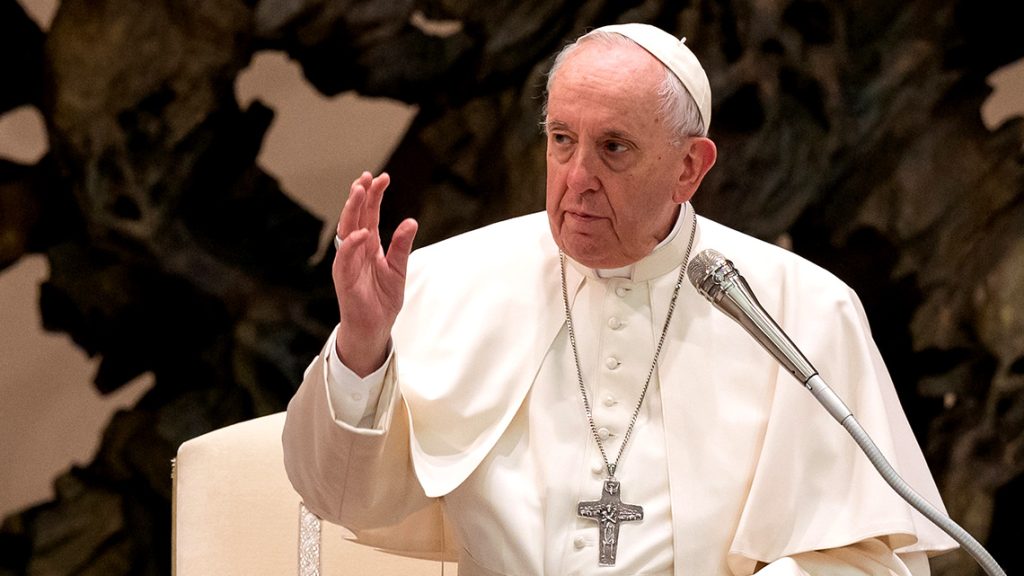Pope Francis has once again called for the global abolition of the death penalty, describing it an attack on human dignity and the sanctity of life.
The Pope made the appeal through social media, where he said criminals should be given opportunities to repent and reform, even up until the final moments of their lives.
“The #DeathPenalty is always inadmissible, because it attacks the inviolability and dignity of the person. I appeal for its abolition in all countries of the world.
“We must not forget that a person can repent and change, even up until the very last moment of their life,” he said on X.
Pope Francis, known for addressing controversial social issues such as homosexuality and war, made this renewed call for abolition on World Mental Health and Homelessness Day.
Many countries are increasingly recognising the link between mental health challenges and criminal behaviour, yet the idea of eliminating the death penalty remains contentious globally.
The Pope’s appeal aligns with the ongoing campaigns by human rights organisations like Amnesty International, which has long fought for the death penalty’s abolition.
Amnesty’s latest report showed that global executions surged by 30% in 2023, with 1,153 people executed, largely in Iran and Saudi Arabia.
In Kenya, the death penalty remains legal but has not been enforced since 1987.
Public discourse around its abolition has been growing, especially following a 2023 ruling by the Supreme Court that eliminated automatic death sentences for certain crimes.
Despite this, death sentences continue, though most are commuted to life imprisonment.
Pope Francis’ call reflects a broader shift in global attitudes, as over 100 countries have abolished the death penalty in law or practice, with Europe leading the way. However, the debate remains divisive, particularly in parts of Africa and the Middle East.

